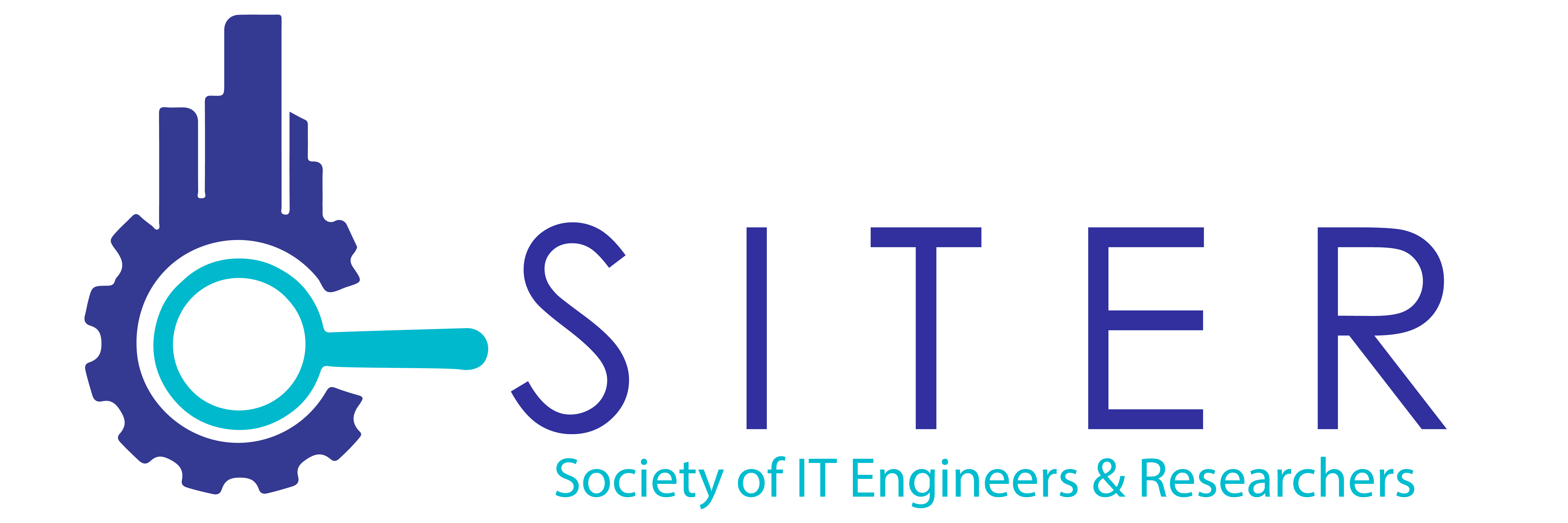-
Call Us (Norway)
+47 412 86 050
-
You may send an email
[email protected]
-
Central European Time
Mon - Fri (8.00 - 16.00)
Book a Consultation
Call Us (Norway)
You may send an email
Central European Time
Book a Consultation








Short Courses
Earning a Microsoft Certification is globally recognized evidence of real world skills. A Microsoft Certification showcases your commitment to keeping pace with rapidly changing technology and positions you for increased skills, efficiency, and earning potential in your professional roles.
Time can be scheduled with the Instructor (Time Zone: CET)
Each short program has dedicated live lectures and the learning materials will be provided to the registered participants.
MS900: Microsoft 365 Fundamental Certification
Whether you’re a business user, administrator, or embarking on your technical career, this certification provides an opportunity to prove yourself as a cloud evangelist. In addition to validating your knowledge of Microsoft 365 capabilities, earning this certification makes it clear to your organization that you understand the benefits of adopting cloud services, the basics of a Software as a Service (SaaS) cloud model, and the value of implementing Microsoft 365 cloud services. The Microsoft 365 Certified: Fundamentals certification could be a great fit for you if you’d like to:
After completing this course, you will be able to:
MB910: Microsoft Dynamic 365 (CRM) Certification
Whether you are a business stakeholder, functional consultant at the start of your career or a student, this certification is a validation of your broad knowledge of the customer engagement apps in Microsoft Dynamics 365, including marketing capabilities, and the automation of the sales, service and support lifecycles. The Microsoft Certified: Dynamics Fundamentals (CRM) certification could be a great fit for you if you’d like to:
After completing this course, you will be able to:
MB920: Microsoft Dynamic 365 (ERP) Certification
Whether you are a business stakeholder, functional consultant at the start of your career or a student, jump-start your career by validating your skills with the Dynamics 365 fundamentals (ERP) certification. Earning this certification demonstrates a broad understanding of Dynamics 365 finance and operations apps – specifically, how business operations and finance teams can leverage the power of this solution to achieve new levels of efficiency and effectiveness across the enterprise. The Microsoft Certified: Dynamics Fundamentals (ERP) certification could be a great fit for you if you’d like to:
After completing this course, you will be able to:
SC900: Microsoft Security, Compliance & Identity Fundamentals Certification
Whether you’re a student, business user, or IT professional, this certification ensures you have a firm grasp of a range of topics in the rapidly growing field of cybersecurity. This fundamentals certification can serve as a steppingstone if you’re interested in advancing to role-based certifications in security operations, identity and access management, and information protection. The Microsoft Certified: Security, Compliance, and Identity Fundamentals certification could be a great fit for you if you’d like to:
After completing this course, you will be able to:
SC300: Microsoft Identity and Access Administrator Certification
The Microsoft identity and access administrator designs, implements, and operates an organization’s identity and access management systems by using Microsoft Azure Active Directory (Azure AD), part of Microsoft Entra. They configure and manage authentication and authorization of identities for users, devices, Azure resources, and applications. The identity and access administrator provides seamless experiences and self-service management capabilities for all users. They ensure that identity is verified explicitly to support Zero Trust principles. They automate management of Azure AD by using PowerShell and analyze events by using Kusto Query Language (KQL). They are also responsible for troubleshooting, monitoring, and reporting for the identity and access environment. The identity and access administrator collaborates with many other roles in the organization to drive strategic identity projects, to modernize identity solutions, to implement hybrid identity solutions, and to implement identity governance. They should be familiar with Azure and Microsoft 365 services and workloads:
After completing this course, you will be able to:
SC400: Microsoft Information Protection Administrator Certification
Candidates for this exam are information protection and compliance administrators who plan and implement risk and compliance controls in the Microsoft Purview compliance portal. The information protection and compliance administrator translates an organization’s risk and compliance requirements into technical implementation. They are responsible for implementing and managing solutions for content classification, data loss prevention (DLP), information protection, data lifecycle management, records management, privacy, risk, and compliance. The information protection and compliance administrator works with other roles that are responsible for governance, data, and security to evaluate and develop policies to address an organization’s risk reduction and compliance goals. This role assists workload administrators, business application owners, human resources departments, and legal stakeholders to implement technology solutions that support the necessary policies and controls. Candidates should have experience with Microsoft 365 services, including Microsoft 365 Apps, Microsoft Exchange Online, Microsoft SharePoint Online, Microsoft OneDrive, and Microsoft Teams. They should also be familiar with PowerShell.
After completing this course, you will be able to:
MS102: Microsoft 365 Administrator Certification
If you’re an administrator who deploys and manages Microsoft 365 and performs Microsoft 365 tenant-level implementation and administration of cloud and hybrid environments, this exam is designed for you. As a candidate for this exam, you have functional experience with all Microsoft 365 workloads and Azure Active Directory (Azure AD), part of Microsoft Entra, and have administered at least one of these. You should also have a working knowledge of networking, server administration, DNS, and PowerShell. As a Microsoft 365 administrator, you:
After completing this course, you will be able to:
MS700: Managing Microsoft Teams Certification
As a Microsoft Teams administrator, you manage and maintain internal and external collaboration and communication solutions using Teams and Microsoft 365. You’re responsible for configuring and managing teams, channels, chat, apps, calling, meetings, and events.
After completing this course, you will be able to:
MD102: Endpoint Administrator Certification
As a candidate for this exam, you have subject matter expertise deploying, configuring, protecting, managing, and monitoring devices and client applications in a Microsoft 365 environment. As an endpoint administrator, you collaborate with architects, Microsoft 365 administrators, security administrators, and other workload administrators to plan and implement a modern workplace strategy that meets the business needs of an organization. You must have experience with Azure AD and Microsoft 365 technologies, including Intune, as well as strong skills and experience in deploying, configuring, and maintaining Windows client and non-Windows devices. You’re responsible for:
After completing this course, you will be able to:
Microsoft Certification Training
During the registration, select the appropriate course.




SITER Konathukudy Mohan
Blomsterdalen 5258
Bergen, Norway
Organization No: 931 859 811


© All Copyright 2024 by SITER